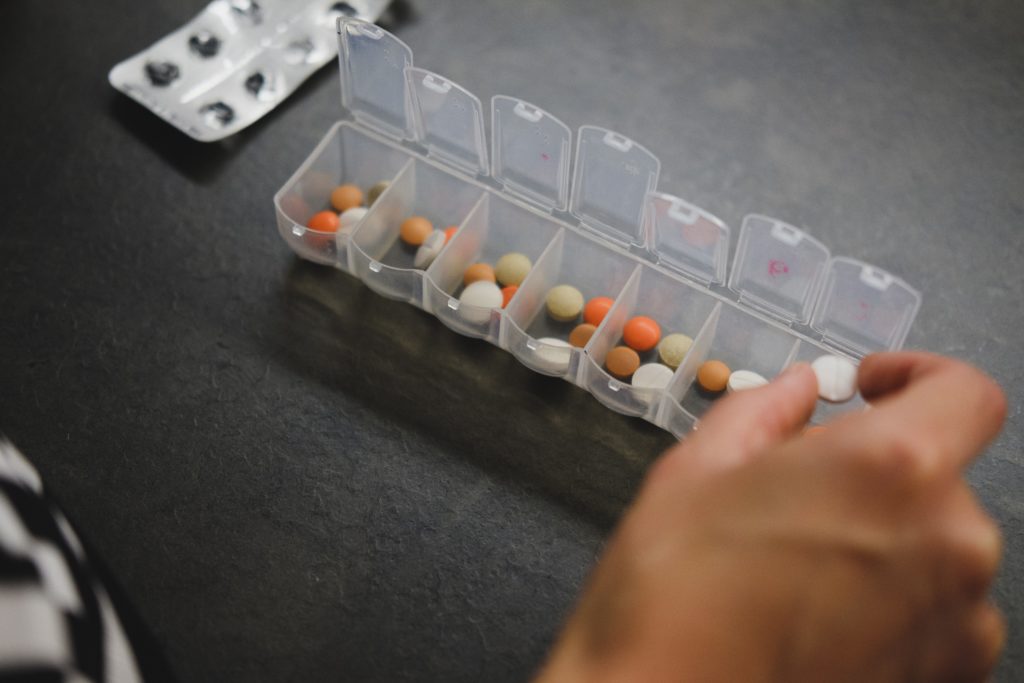Big Pharma VS. Cannabis

There’s a YouTube video of you advocating medical cannabis use alongside medical doctors. This is a conflict of interest & you’re fired immediately.” This was the HR call I received after speaking at a free educational community event on the “Basics of CBD”. Apparently, volunteering to share helpful health information on a public forum in my free time was too threatening & vindictive to the pharmaceutical company I worked for to continue keeping a top 10% sales specialist in their organization. Even more startling, the pharmaceutical company I worked for had a CBD product in their pipeline pending clinical trials & FDA-approval. If they were expecting me to be selling their patented CBD in just a couple years, why would they be so upset that I was speaking of the benefits of cannabinoids now?
This is a true testimony of my termination & parting from the pharmaceutical industry AKA “Big Pharma”, meaning the largest & most influential pharmaceutical companies in the world such as Johnson+Johnson, Pfizer, Merck, etc. I worked for an oncology company who focused on cancer pain symptom management, supplying opioid-based products. This same company was found guilty by the federal government for racketeering charges in a rare criminal prosecution that blamed corporate officials for contributing to the nation’s opioid epidemic, finding that executives had fueled sales of its highly potent drugs by bribing doctors to prescribe & misleading insurers about patient’s need for the drug. The case paints a picture of the kind of troubling industry practices that have helped fuel the opioid epidemic & other health issues.
Because natural healing substances such as cannabis are difficult to patent, Big Pharma has done its best to cease knowledge & information on the far more affordable means of alternative health sources like cannabis which could & is threatening drug profits & power of the Pharma industry. A recent study released by the journal Health Affairs analyzed the database of all prescription drugs paid for under Medicare Part D 2010-13 & found that in the 17 states with a medical-marijuana law in place by 2013, prescriptions for painkillers & other drugs dropped dramatically compared to states with no MMJ, demonstrating that MMJ is an obvious threat & opponent to the pharmaceutical industry.
With the inner workings of the pharmaceutical industry now being out in the open public information, hopefully more people will open up to the idea of using & incorporating the plant medicine of cannabis to heal. There is absolutely still a place for modern medicine. The pharmaceutical industry has also transformed thousands of lives by finding cures for previously incurable diseases, such as tuberculosis, & developing some viable treatment strategies for illnesses. Obviously when we get a bad cut or break a bone or some other emergency, it would likely benefit from Pharma & modern technology. In the other cases, such as pain management, consider that many pharmaceutical products are distributed and pushed by corporate businesses that do not have the best health & quality of life in mind, rather profits & revenue increases.
The cannabis sativa plant; however, has known healing properties that, despite being wrongfully villainized for decades, has helped & treated people throughout the world for centuries & for various ailments & conditions. There are now enough studies & testimonies to conclude that cannabis is a known analgesic medication. In a recent study* The study which looked at 1,000 people taking MMJ in an American state found that among the 65% of people taking cannabis for pain, 80% found it was very or extremely helpful, leading to 82% of these people being able to reduce, or stop taking over the counter pain medications, and 88% being able to stop taking opioid painkillers. In addition to the plant being an effective alternative medication for pain & many other conditions, the plant can also be grown indoor or outdoor at a much lower price than doctor & hospital bills. The plant can then easily be dried & smoked or extracted into tinctures or salves, or infused into foods or drinks, depending on the condition being treated, & route of administration desired by the user, as it is their healing method which is & should be personalized.
When I entered the pharmaceutical industry, I wasn’t fully aware of the corporate greed that fueled many of these companies. I began working with a diabetes company, & had no qualms selling insulin as many people do require it to survive. However, moving “up” into the specialty oncology space where prescriptions were pricier & profit margins & commissions were higher, I witnessed many people “drink the Kool-Aid” for more money. Not all pharmaceutical companies or professionals are bad or misleading, as mentioned, they make life-saving products & put money into valuable health research & innovations. However, if the Pharma industry loses some of its extensive power, money & influence, maybe in the near future there will be more “farmacies” than pharmacies.

